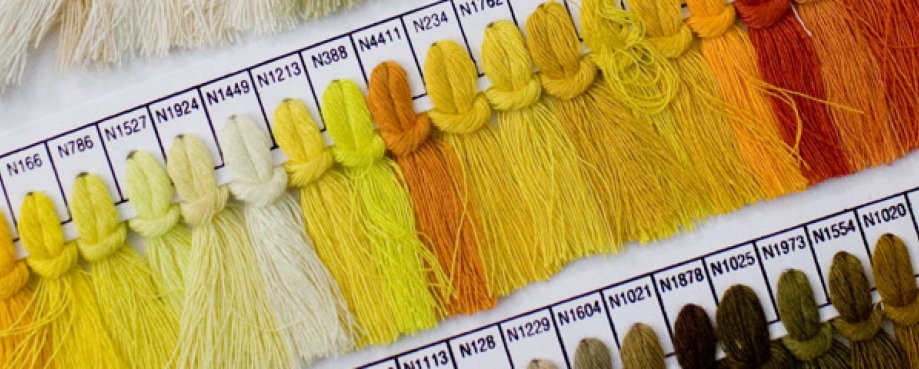
The Ethical Trading Initiative (ETI) has announced how it is working with its members to tackle the chronic health and safety issues affecting Bangladesh’s garment sector.The UK-based alliance has worked with its member companies, trade unions and NGOs to develop the plan, which includes immediate actions and commitment to wider international efforts. This work began in force following the tragic Tazreen Fashions factory fire in November, with the framework reviewed and updated, following last week’s collapse of the Rana Plaza in Savar; the country’s worst industrial disaster.
ETI members sourcing from Bangladesh, alongside member trade unions and NGOs, will:
- Adopt a common approach to address fire and building safety in the garment sector in Bangladesh.
- Support the International Labour Organisation (ILO) in Bangladesh to continue to bring local stakeholders together for the effective implementation of the National Tripartite Plan of Action on Fire Safety for the RMG Sector in Bangladesh (NAP).
- Make their support for the NAP explicitly clear, with the efforts of all projects, programmes, business fire and building safety activity linked to or complementing the NAP.
- Continue with factory improvement actions, be they infrastructural, policy, systems and processes, or skills and competencies to meet an agreed minimum standard of fire and building safety for factories in the sector.
- Strengthen the mandated Health and Safety Committees in all factories in which improvements are being made, to promote meaningful dialogue between genuine worker representatives and management, in support of greatly improved fire and building safety.
ETI Director Peter McAllister said: “We are appalled by the recent factory fire tragedies, and last week’s deplorable Savar building collapse. Bangladesh is a key sourcing country for a significant number of our garment sector members, which have strong and long-standing relationships with this country. Together with our company, trade union and NGO members, we are committed to driving real, sustainable change for workers by tackling the chronic, widespread health and safety issues that plague Bangladesh’s garment sector.”
ETI is working with a number of international agencies, brands and trade unions to finalise an agreement on fire and building safety. Details of this alliance will be announced after 15 May. This agreement, with the active involvement of the ILO and IndustriALL, will include principles on governance, inspections, remediation, training, a complaints process, transparency and reporting, supplier incentives financial support and dispute resolution.
Peter McAllister said; “Bangladesh garment sector workers deserve to work in a safe and healthy environment, where their rights are respected and protected. The current situation is a far cry from this, and that’s simply unacceptable. Working with international partners, we have a fighting chance of driving long-lasting change. Whether you are a global brand, or a small retailer, and source from Bangladesh, we call on you to join these international efforts immediately.”
